Juris Doctor / Master of Science in Electrical Engineering

学历文凭
Combined Graduate / Doctoral Degree

专业院系
School of Engineering

开学时间

课程时长

课程学费

国际学生入学条件
Applicants from colleges and universities of recognized standing who hold a U.S. bachelor's degree or its equivalent are eligible to be considered for admission for graduate study. English Proficiency: TOEFL - Your minimum score must be 100 (internet based) OR 600 (paper based).
IDP—雅思考试联合主办方

雅思考试总分
6.0
- 雅思总分:6
- 托福网考总分:89
- 托福笔试总分:575
- 其他语言考试:NA
CRICOS代码:
申请截止日期: 请与IDP联系 以获取详细信息。
课程简介
相关申请
 预科
预科 奖学金
奖学金 实习机会
实习机会 在校学习
在校学习 跨境学习
跨境学习 校园授课-线上开始
校园授课-线上开始 在线/远程学习
在线/远程学习
开学时间&学费
学费信息仅供参考,请与IDP联系以获取详细信息
| 开学时间 | 时长 | 学费 | 地点 |
|---|
学校排名

世界排名3
数据源:
泰晤士高等教育世界大学排名
关于斯坦福大学

如果你认为斯坦福大学和常青藤联盟的区别只是每年那几百个额外的晴天那么你就大错特错了。事实上,所有东部地区的大学在创立之初旨在思考人类存在的价值以及生命的意义,并以欧洲教育机构为模型。与其相反,斯坦福一开始便致力于建立科学技术与工程方面的声誉,极具美国独创色彩。学校积极开明的治学理念以及西部海岸独具的乐观主义驱散了那些笼罩在东部海岸大学上的学术阴霾,高水准的教学水平和历史久远的体育传统等令其具有莫名的吸引力。跟耶鲁和普林斯顿不一样,于1885年由Leland 和Jane Stanford建立的斯坦福从一开始便同时招收男女学生。在百年庆典上,它是美国第一所成功筹集到数十亿美元捐款的学校;现如今斯坦福的捐款已经高达120亿美元了。斯坦福拥有全国顶尖的教授,大部分学院都拥有一两名响当当的教授。他们的学术成就很高,获得许多证书。95%的课程会由教职人员进行授课而非研究生助教。尽管斯坦福经常给人望而兴叹的感觉,但它录取的学生组成与邻近的加州大学伯克利分校很相似:62%的学生来自公立高中;最新的一届新生中,89%的学生成绩都处于本校毕业生的前10%;国际生占了大概6%,这个比例也正好是斯坦福近几年录取率的数字。也难怪从这里走出来的都是美国总统,微软CEO,NIKE创始人,ESPN创始人,Google创始人这样的人物。
本校相关课程

符号系统理学硕士
学历文凭
Masters Degree
开学日期
课程费用总额

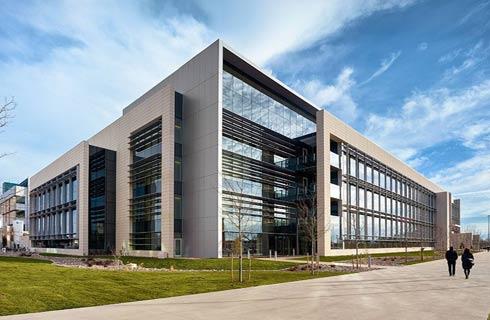
符号系统学士学位和硕士硕士学位
学历文凭
Combined Baccalaureate and Master's Prog
开学日期
课程费用总额

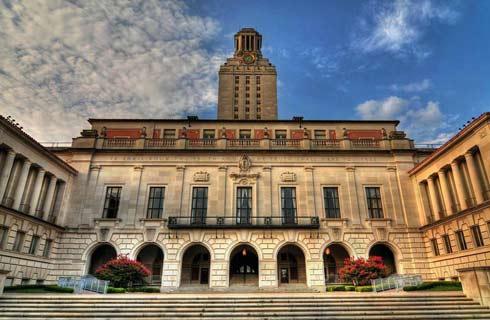
Doctor of Philosophy in Statistics
学历文凭
Ph.D.
开学日期
课程费用总额

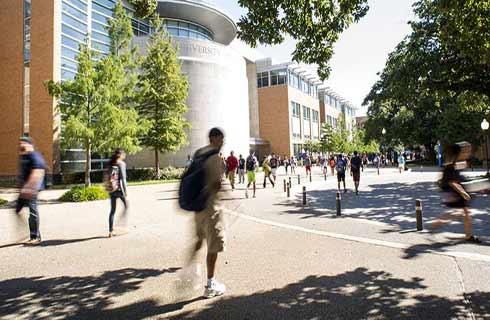
Master of Science in Statistics
学历文凭
Masters Degree
开学日期
课程费用总额

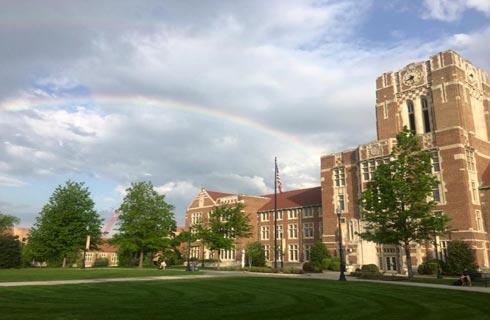
社会学哲学博士
学历文凭
Ph.D.
开学日期
课程费用总额

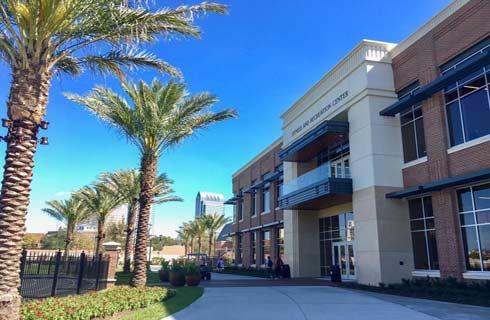
斯拉夫语言文学双学士学位课程
学历文凭
Combined Baccalaureate and Master's Prog
开学日期
课程费用总额

其他相关课程
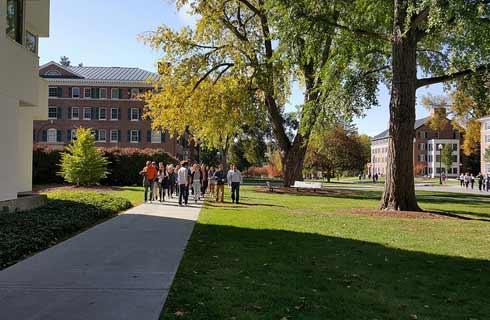
电气与计算机工程哲学博士
 滑铁卢大学
滑铁卢大学学历文凭
Ph.D.
开学日期
课程费用总额

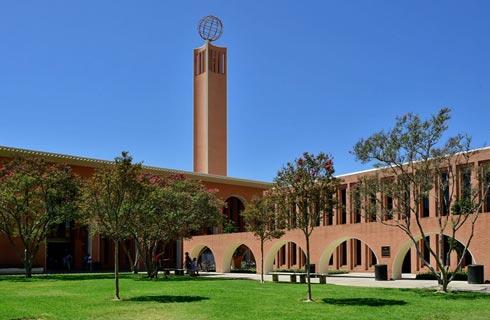
电气工程学士学位
 多伦多都会大学
多伦多都会大学学历文凭
Bachelor Degree
开学日期
课程费用总额


电子工程技术员文凭
 尼亚加拉学院
尼亚加拉学院学历文凭
Bachelor Degree
开学日期
课程费用总额

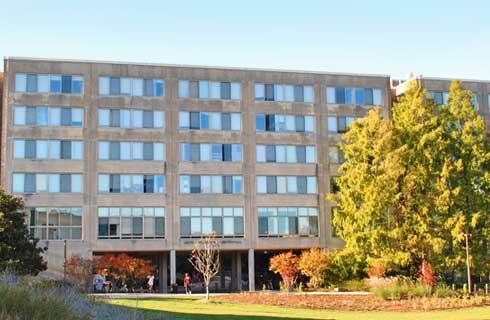
电子工程技术高级文凭(合作社)
 尼亚加拉学院
尼亚加拉学院学历文凭
Bachelor Degree
开学日期
课程费用总额


电子工程技术员文凭
 德恒学院
德恒学院学历文凭
Bachelor Degree
开学日期
课程费用总额

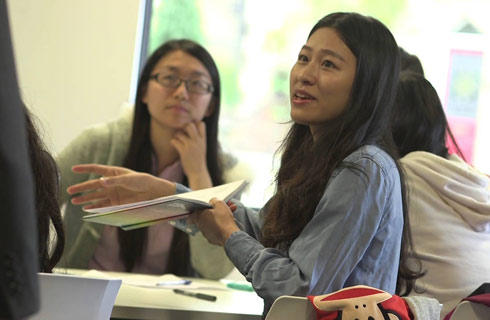
电气工程技术员文凭
 德恒学院
德恒学院学历文凭
Foundation for Undergraduate
开学日期
课程费用总额










 美国
美国